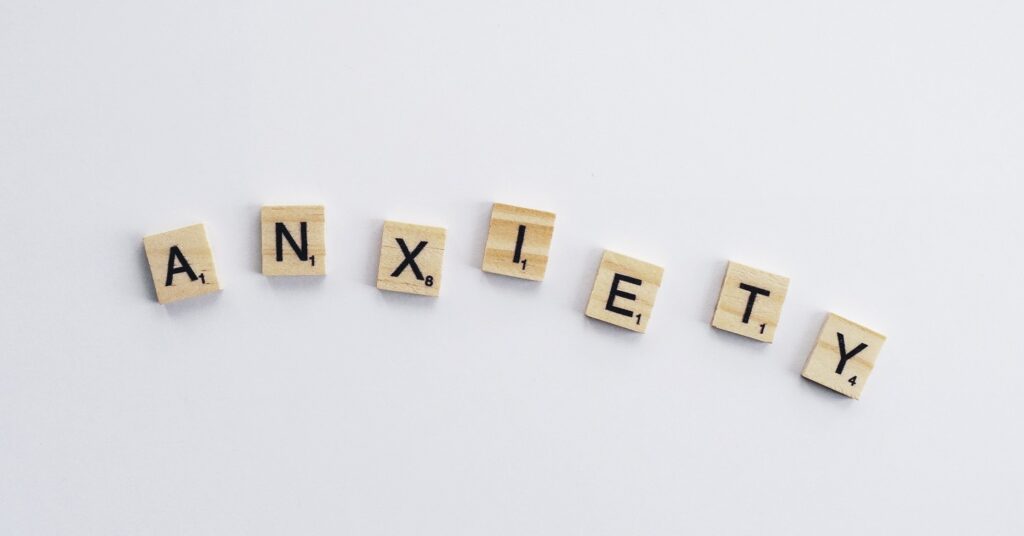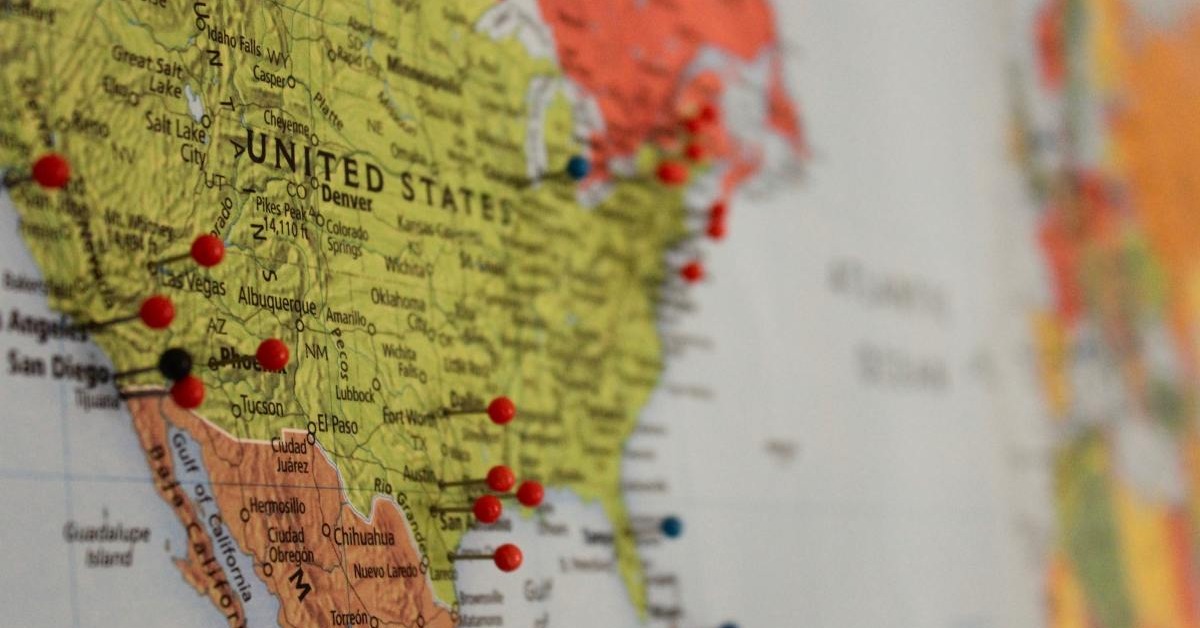
What Does a Family Nurse Practitioner Do?
Family nurse practitioners perform most of the same tasks as [...]

Psychiatric mental health nurse practitioners (PMHNP) are uniquely qualified to help alleviate the nation’s mental health care provider shortage. They offer many of the same services psychiatrists provide (within the bounds of state law, which varies) but require less training. That’s good news for the over 150 million people who currently live in areas without access quality mental healthcare. Government grants encourage PMHNPs to pursue work with these populations. It’s a sound strategy to expedite a solution, since a PMHNP can be brought online a lot faster than a psychiatrist can.
That’s not to say the path to becoming a PMHNP is easy. It requires hard work and dedication; it’s just that it doesn’t require the time and expense of medical school. This article covers the psychiatric mental health nurse practitioner requirements. It discusses:
PMHNPs are advanced practice registered nurses (APRN); other APRNs work in clinical nursing, nurse anesthesiology, and nurse midwifery. PMHNPs practice in many settings and perform interventions and create treatment plans for patients facing mental health issues.
PMHNPs diagnose and treat mental illnesses. They can perform initial patient evaluation, order (plus interpret) necessary tests, and develop a care plan with results. Treatment may include psychotherapy; common therapy models include cognitive behavioral therapy (CBT), psychodynamic therapy, dialectical behavior therapy (DBT), and humanistic/experiential therapy.
Many PMHNPs combine therapy with medication; it sets them apart from other mental health professionals, such as social workers. In this way, they operate more like psychiatrists.
PMHNPs need exceptional organizational, problem-solving, and time-management skills. Top professionals rely on active listening to hear what the patient is saying and gather meaning from their pauses and body language. They also need excellent communication skills to work on a psychiatric team.
Above all, PMHNPs must be service-driven. This job pays well—Indeed says the average annual PMHNP salary is over $140,000—but it’s demanding. Helping patients through mental health crises can be difficult and doesn’t always result in a feeling of accomplishment. To succeed, you must be firm in your convictions to help others.
PMHNPs can work in mental health facilities, hospitals, schools, correctional facilities, substance abuse centers (inpatient and outpatient), and nursing homes. Often, PMHNPs work alongside other clinicians. Most—70 percent—work in outpatient facilities, according to the American Psychiatric Nurses Association (APNA). These professionals can also operate in private practice without direct physician oversight (not every state allows for completely autonomous operation).
PMHNPs hold either a master’s or doctoral degree; you must complete an accredited graduate program or else you won’t meet Psychiatric-Mental Health Nurse Practitioner (Across the Lifespan) Certification (PMHNP-BC) exam eligibility requirements. Most nurses don’t just jump into a graduate-level program after they earn their initial nursing license; rather, many spend over a decade as registered nurses (RN) before completing the advanced education and licensure requirements needed to become a nurse practitioner (NP). The American Association of Nurse Practitioners (AANP) reports the average nurse practitioner of 49 years old.
Doctor of Nursing Practice (DNP) degrees take longer to earn than a Master of Science in Nursing (MSN)—usually at least three years of full-time study (longer for part-time students) as opposed to two. They’re considered terminal nursing degrees—the highest level of nursing education. It’s worth noting that nurses who earn an MSN typically don’t pursue additional nursing degrees.
DNPs and MSNs cover similar subjects, including leadership training, clinical practice, and specialty-specific coursework. However, doctoral programs take the curriculum further. Several industry leaders want the DNP to become the standard education for NPs—they’re asking to phase out MSN programs by 2025, but progress on that front seems to have stalled. For now, at least, most PMHNPs still have an MSN.
MSN programs are rigorous, covering both general nurse practitioner coursework and specialization-specific classes. Psychiatric mental health nursing is one NP pathway—others specialties include women’s health, pediatrics, adult gerontology, emergency, and neonatal.
Typical coursework in any MSN program, regardless of the specialty, includes health assessment, pathophysiology, patient-centered care, and pharmacology. You may continue working with these topics in specialty-specific courses. Psychiatry-focused coursework teaches students to work with groups like adolescents and families, employ different therapy modalities, and prescribe medication using psychopharmacology.
You need at least 500 clinical hours to sit for the PMHNP-BC exam. Nurse practitioner programs, like the online psychiatric-mental health nurse practitioner programs that Yale University is launching in the summer of 2023, include these hours in their curricula. Clinical rotations enable students to apply their education to their specialty.
The certification exam consists of 175 questions (150 of them are scored) that cover five “content domains.” The American Nurses Credentialing Center (ANCC) defines them as: scientific foundation, advanced practice skills, diagnosis and treatment, psychotherapy and related theories, and ethical and legal practices. Students have three-and-a-half hours to complete the test. Those who pass can earn the credential, valid for five years, and get a state license.
There is no single path to becoming a PMHNP, although there are some commonalities among the different routes. All PMHNPs must earn an RN license (by earning either or an associate’s degree or bachelor’s degree in nursing) and then either a doctoral or master’s degree. Those who hold one of those degrees without a psychology specialization can complete a post-master’s certificate program to transition specialties.
Consider both the difficulties and rewards when deciding on this career. PMHNPs typically garner six-figure salaries, but they earn every penny. All nurses take on enormous responsibilities and often struggle to cope with the job’s difficulties, which can include physical trauma and emotional strain. For many PMHNPs, however, the gratification they get from helping people through their mental health disorders far outweighs the stress and danger.
Questions or feedback? Email editor@noodle.com

Family nurse practitioners perform most of the same tasks as [...]

We explain the steps necessary to become a licensed mental [...]

Top earners in substance abuse social work can earn over [...]

Education requirements for nurses in the U.S. are becoming more [...]

Nurse practitioners (NPs) typically earn six figures, but NP salaries [...]
Categorized as: Advanced Practice Nursing, Nurse Practitioner, Nursing & Healthcare